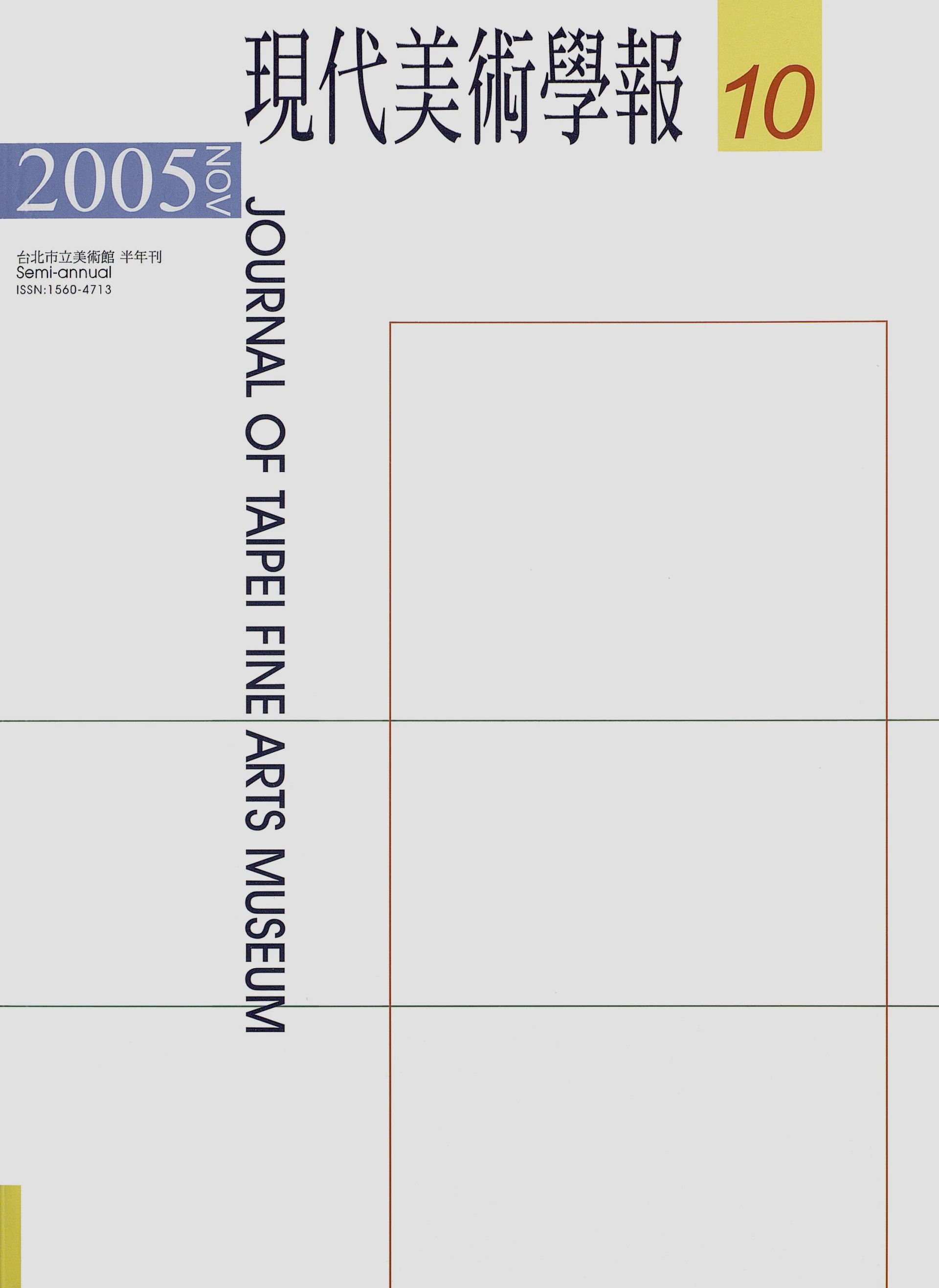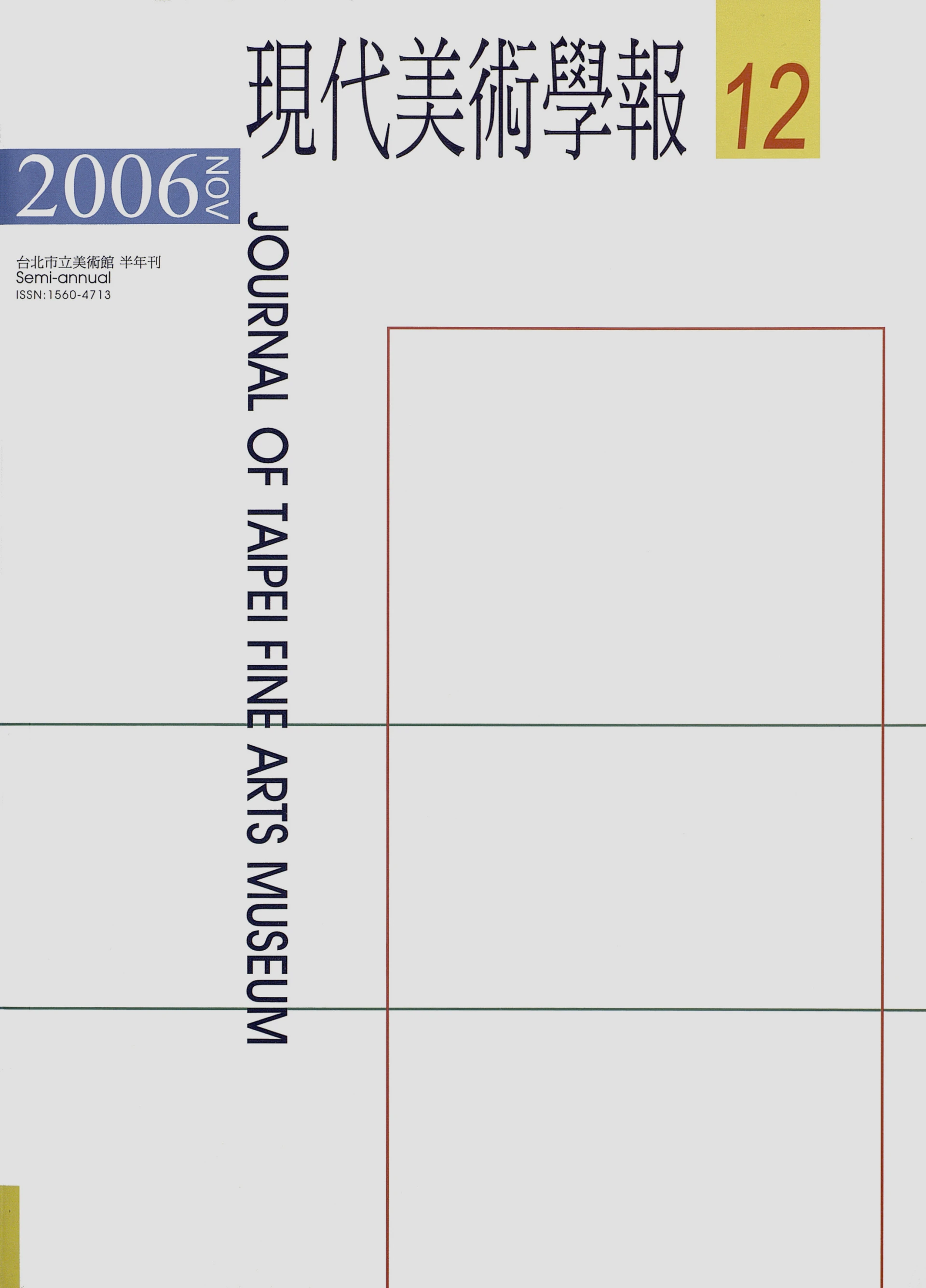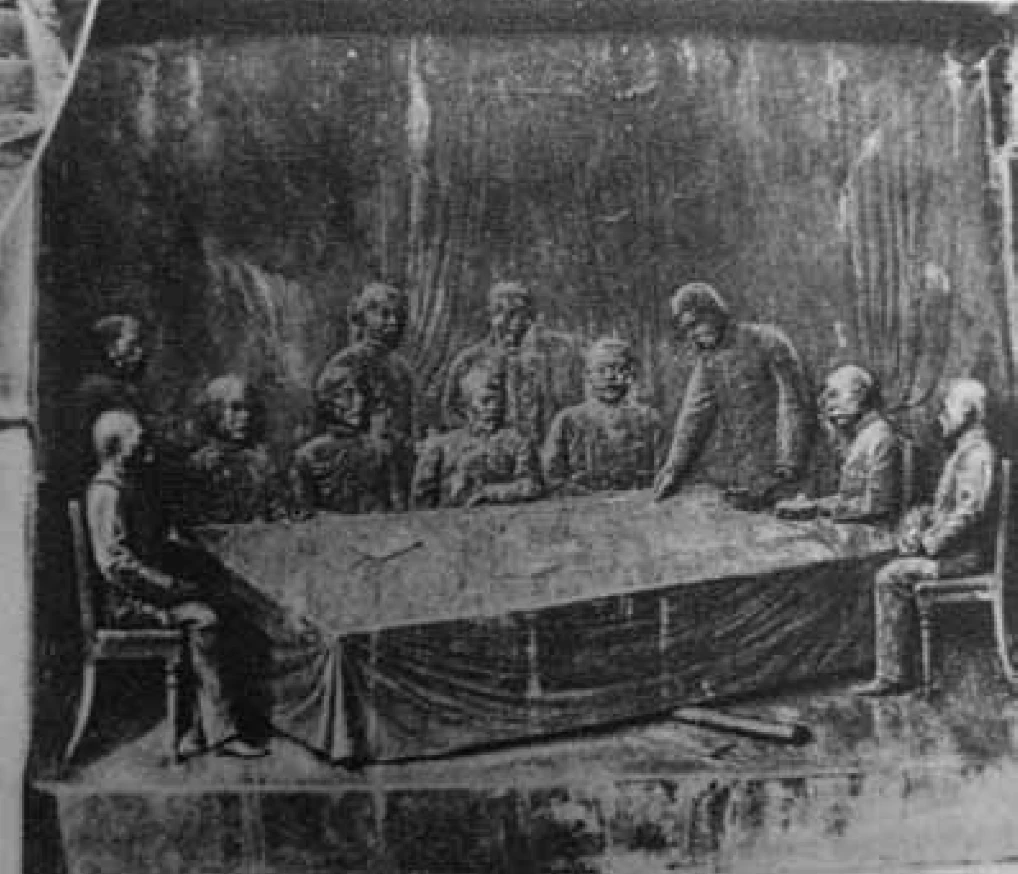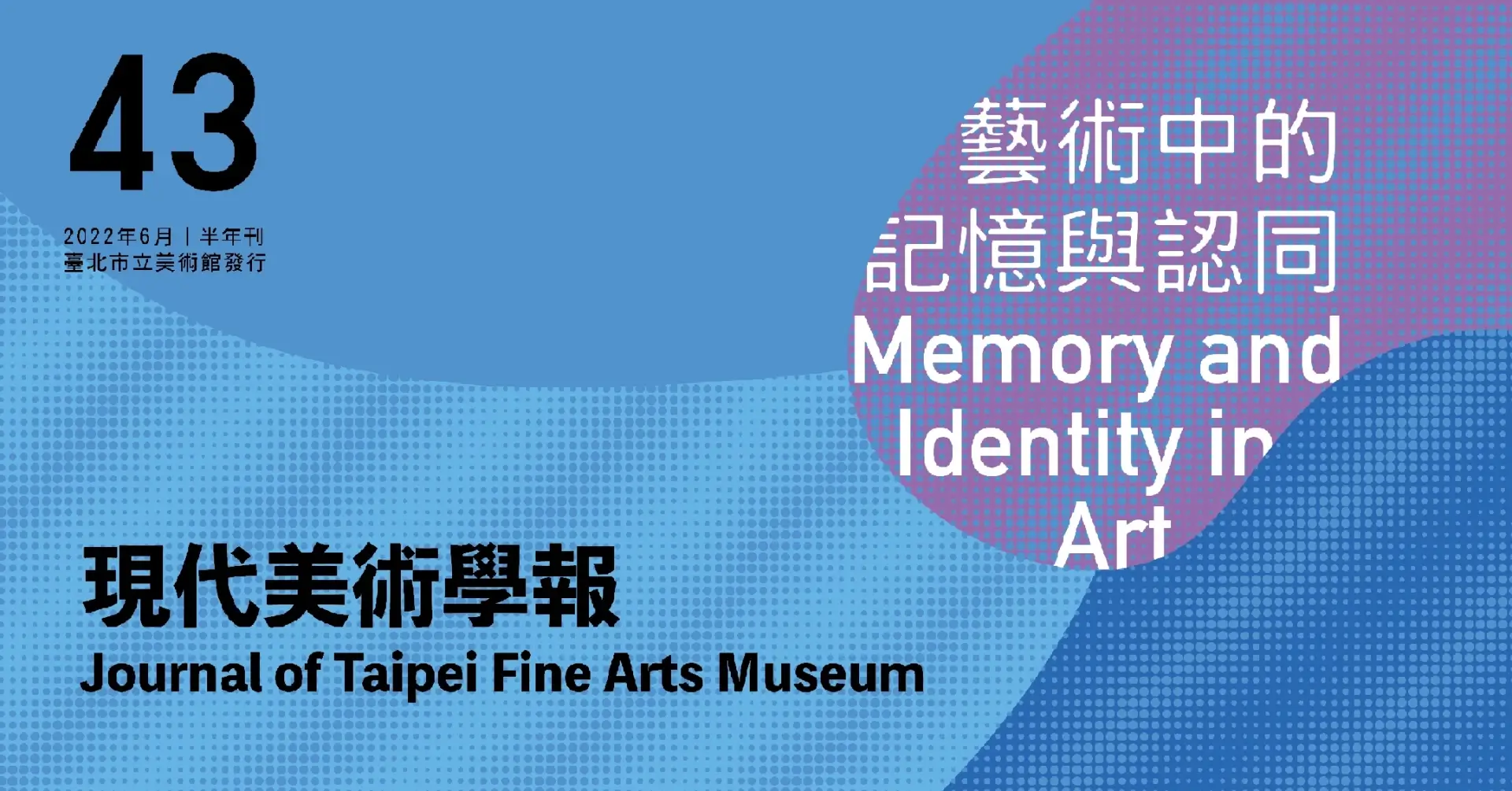摘要
此文研究布魯斯伯利對英國帝國主義勢力以及第一次世界大戰之反對立場,以及這政治上之反對立場如何表達於其對藝術,尤其是中國藝術之看法中。飽受文化以及階級認同之困擾,以及其與當道文化正統之衝突,羅傑.傅萊視中國藝術就其歷史發展與未來可能性而言提供西方控制模式以外受人歡迎之解藥與出路。布魯斯伯利利用中國藝術可作為重新建構英國現代主義之新的傳承論述,但他們如何使用中國藝術亦成為一大問題。
Abstract
This essay studies the Bloomsbury School's opposition to British imperial power and World War I, and how this opposition found expression in their views on art, Chinese art in particular. Roger Fry's troubled sense of cultural and class identity, as well as his clash with the reigning cultural orthodoxy caused him to see Chinese art, in its historical development and potentiality, as a welcome antidote to the Western model of domination. The Bloomsbury school's appropriation of Chinese art, while suggesting an alternate genealogy for British Modernism, also puts into question the use made of Chinese art by Fry.






